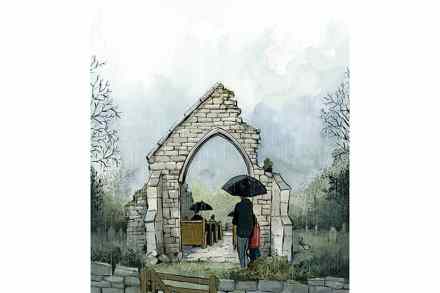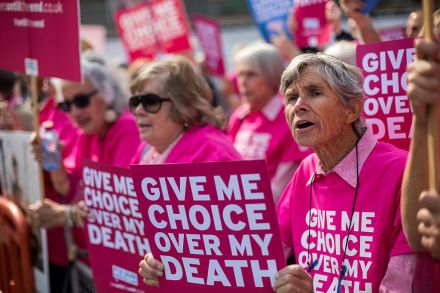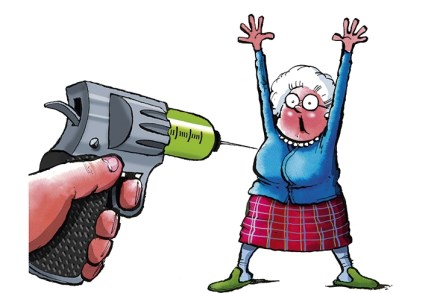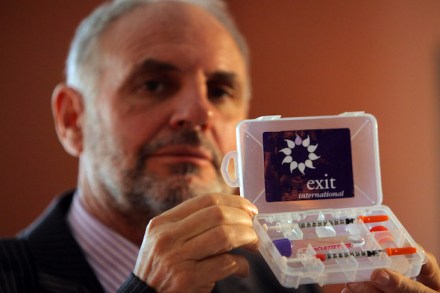Assisted dying and Chagos row overshadow Starmer’s carbon capture pledge
17 min listen
What Keir Starmer wants to be talking about today is his landmark £22 billion investment into carbon capture. Flanked by Ed Miliband and Rachel Reeves, his speech was an unusually personal one where he spoke about the impacts of deindustrialisation. But how new is this policy? And what does this huge investment mean for the £20 billion black hole? What Westminster seems more interested in talking about is the news that assisted dying is back on the agenda and the fallout of the deal to give the Chagos Islands to Mauritius. Is there a degree of inevitability about these two stories resurfacing? Oscar Edmondson speaks to Isabel Hardman and James



















